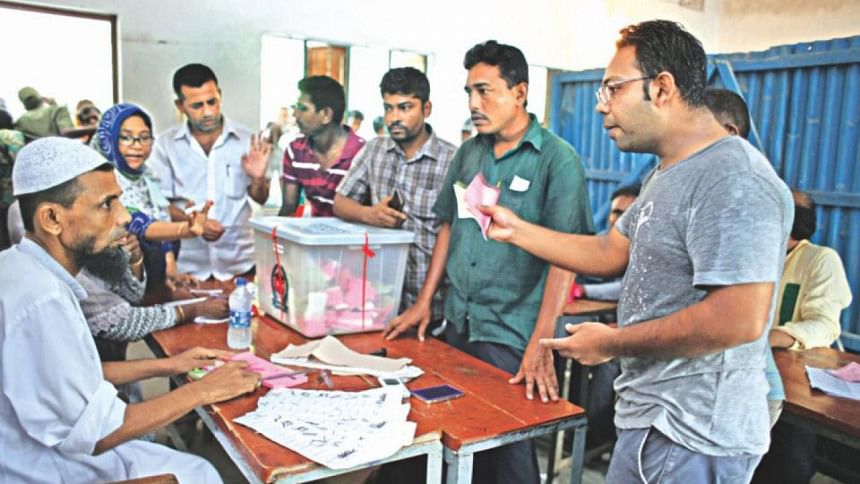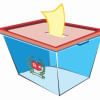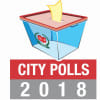Three city polls replicate the previous two

While we are happy that the three city mayoral elections have come to an end with little violence, they were, as we had feared, simply the iteration of the Khulna and Gazipur polls. They bear nearly all the hallmarks—from ballot stuffing to expelling election agents—of a heavily manipulated election.
In spite of all the irregularities reported by multiple sources, the BNP-backed mayoral candidate in Sylhet, Ariful Haque Chowdhury, almost certainly pulled off a stunning victory. His triumph should serve as an important lesson to the opposition: No matter how uneven the ground is, if they field a strong and popular candidate, she or he has a viable chance to win.
The polls also represent a lost opportunity for the Election Commission to prove its credibility and competence. Since its formulation, the Commission has barely been able to preside over a single free and fair election, and thus suffered from a serious credibility deficit. With the national elections looming large, it had a chance to assert its authority and establish its integrity by organising the five city elections in a free and fair manner, which it did not.
Not just on the election day, the EC turned a blind eye to numerous election rule violations—mainly by the ruling party and the police—in the run-up to the polls. There is little indication that this election commission has the ability or willingness required to hold a national election that would be acceptable to all.

 For all latest news, follow The Daily Star's Google News channel.
For all latest news, follow The Daily Star's Google News channel. 








Comments